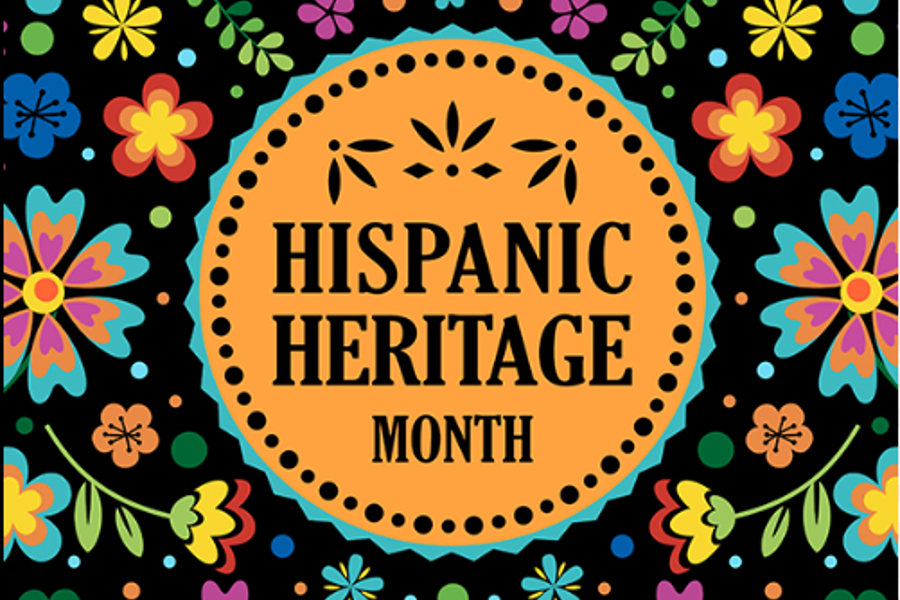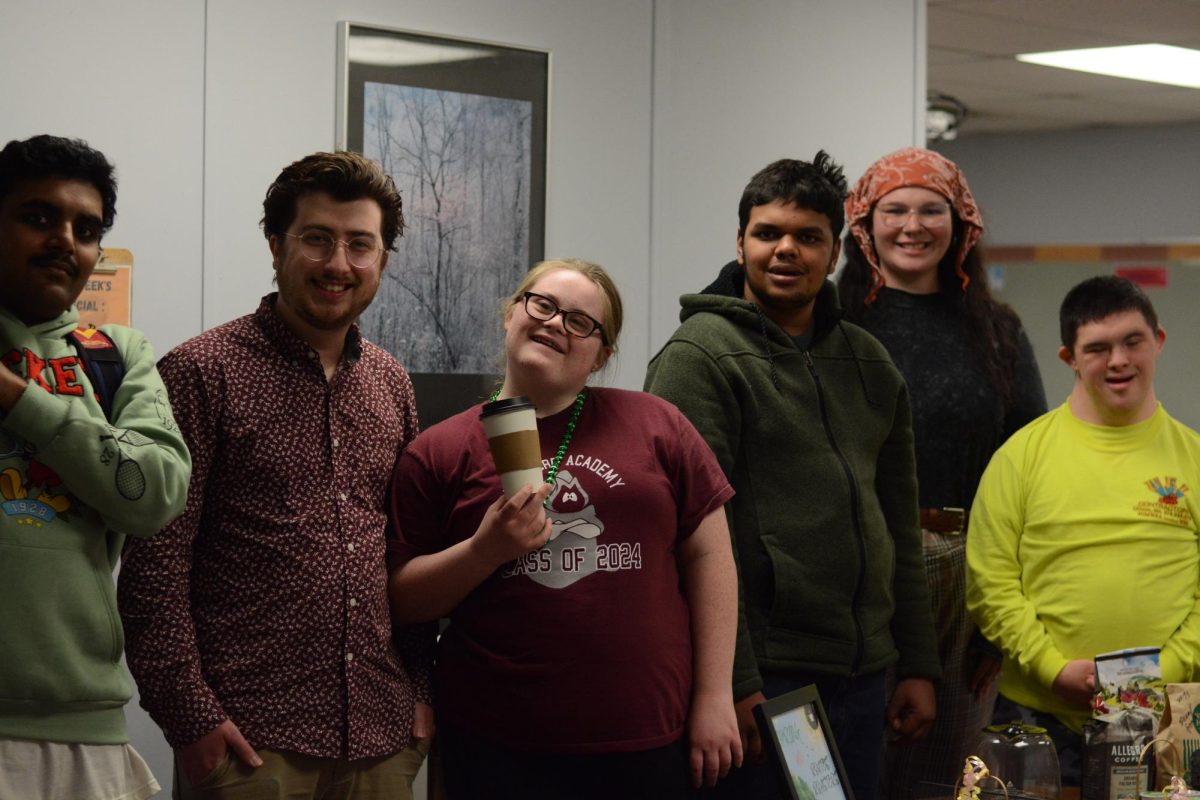In the first months of school, one language offered at Westford Academy has a special chance to put a spotlight on culture. From Sept. 15 to Oct. 15, Hispanic Heritage Month is being observed in the United States. The unique time frame of this celebration is due to a large number of Latin American countries that gained their independence from mid-September to mid-October.
The observance started as Hispanic Heritage Week under President Lyndon Johnson in 1968. President Ronald Reagan expanded it in 1988 to cover the thirty-day period. This month is meant to highlight the significance of Hispanic peoples and cultures around the world, as well as recognize the vast contributions they have made to society.
The Spanish Club at WA puts a focus on sharing the culture of Spain and Latin American countries. Club members learned information about Hispanic Heritage Month and important Hispanic figures during club meetings. They colored in flags of Hispanic countries for a fun artistic activity. The club also displayed some fun facts and a video on the morning announcements to teach the students and staff about this month of celebration.
Although they make up a small fraction of our school demographic, Hispanic students are a large part of the school community. To some of these students, Hispanic Heritage Month is more of a time of remembrance than a celebration.
“Hispanic Heritage Month is about remembering who came before and the achievements of Hispanic people. But it should also be about recognizing the issues in these countries and making an effort to improve them,” junior Lara Rodriguez said.
Rodriguez, who had been to many Latin American countries including Argentina, the country of her heritage, describes them as having a very different cultural and political environment than the United States. Many of these countries have had problems with poor governments and dictators. Rodriguez put an emphasis on the work that needs to be done and the education needed in order to help these countries.
When these students think about their cultural background, they are faced with stereotypes about Hispanic communities.
“When people think of Hispanic Heritage Month, they think about stereotypes that don’t necessarily apply anymore,” Rodriguez said.
Another WA student, sophomore Núria Lainez Clapers, spoke about her experiences as a person of Catalonian descent. Catalonia, though technically a part of Spain, is a self-governing community with its own language and culture. The issue of stereotypes and generalizations is also a part of her thoughts on Hispanic Heritage Month. She feels that her cultural background is lumped into a generalization of Hispanic cultures.
“Americans grouped us [Catalans and Spaniards] in with South America when South America and Spain are very different culturally. The Spanish they speak is very different…We were grouped in with people who are not really alike in the slightest, except for a shared language,” Clapers said.
Clapers shared a story of a trip to Barcelona, the capital of Catalonia, where the tourist shops were selling sombreros. These are traditional Mexican hats and are not a Spanish tradition.
“The fact we have those is because tourists believe that any country that speaks Spanish is automatically connected to Mexican traditions when we aren’t,” Clapers said.
Students who were interviewed shared that they believe Hispanic Heritage Month should be focused on remembrance and education, specifically education around removing harmful stereotypes of Hispanic people.
Even with the generalizations of Hispanic communities that affect this month, these students feel Hispanic Heritage Month is important to recognize and celebrate their cultural backgrounds.








